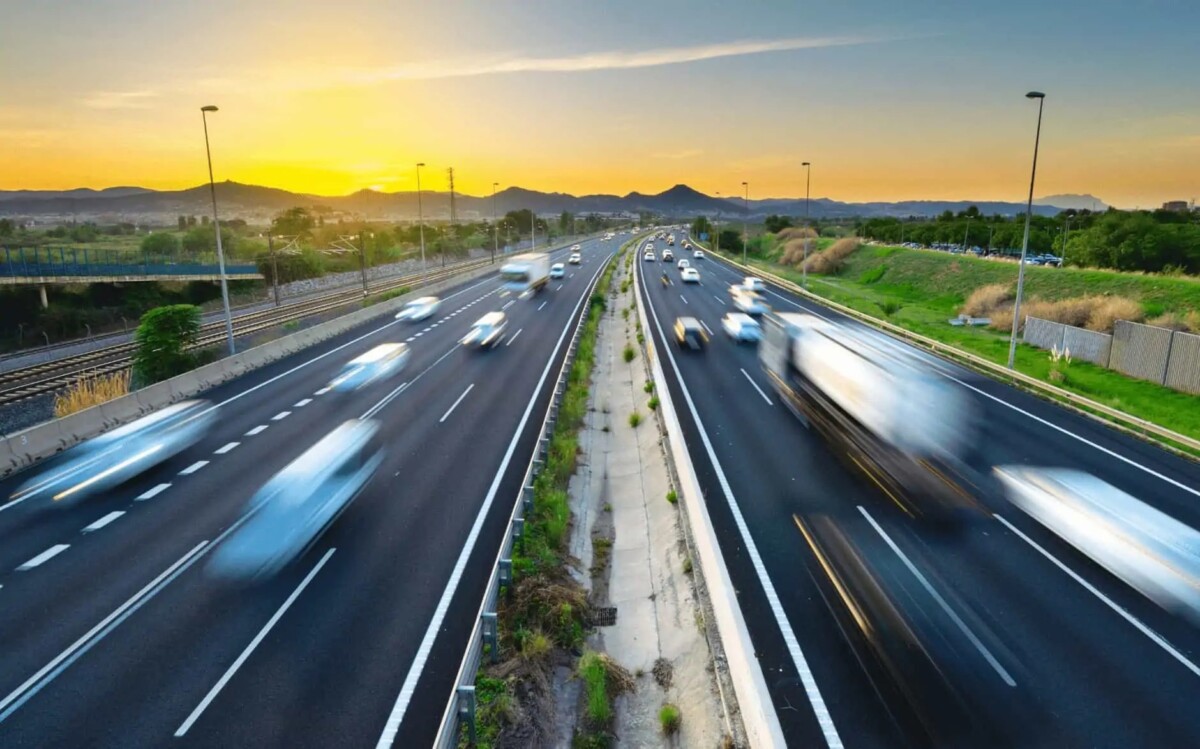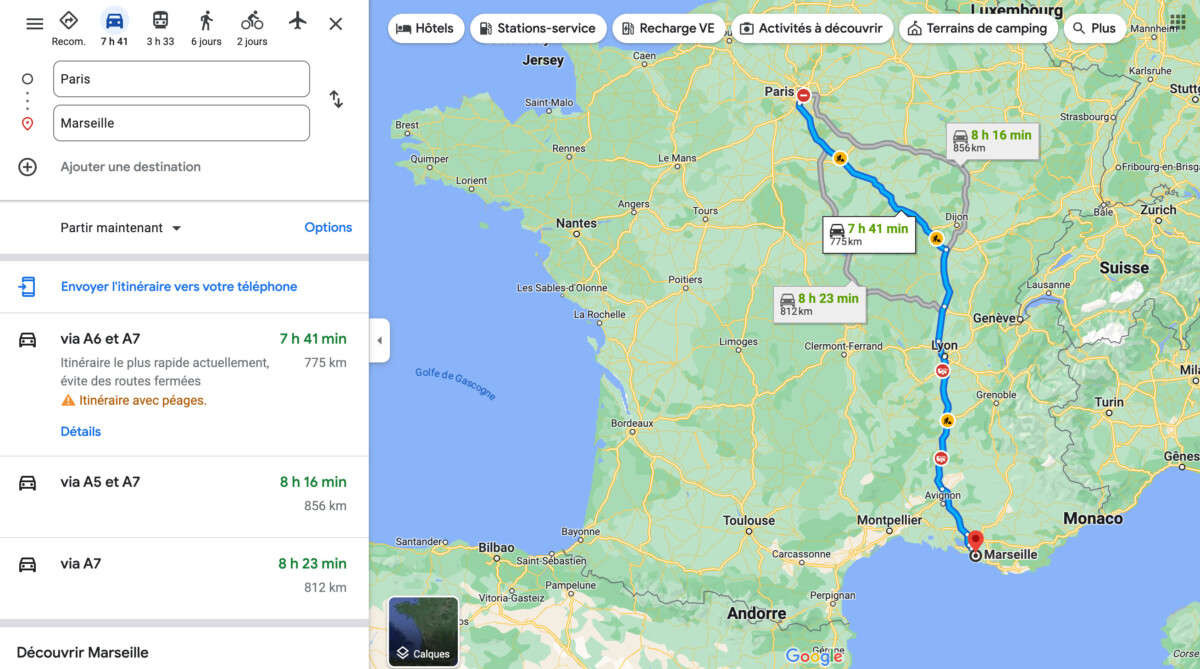Following the increase in electricity prices on August 1, 2023, you might wonder if filling up with electricity in an electric car is still as advantageous as filling up with gasoline. Spoiler: the first still retains a financial advantage over the second.
Summer holidays are in full swing, but that’s certainly not a reason for everyone to go on vacation. And energy prices have apparently chosen not to give consumers respite in this summer period. Starting with those of electricity which, it will probably not have escaped you, increased on August 1: +10%. The fault of a tariff shield applied by the government which will have helped us a lot for a few months, but which unfortunately could not be eternal. Too bad for those who drive electric.
But for the past few days, the price of a barrel of oil has been soaring. The fault in particular with Saudi Arabia which decided to reduce its production during the months of July and August. Or maybe even a little more.
Suddenly, while the advantage in terms of operating cost which was largely to the advantage of electric has been dwindling for a few months, to the delight of its detractors, it would seem that it is still more relevant than ever.
Comparison over 100 km
To see more clearly, nothing like a quick calculation of the cost of energy, if only for 100 km. According to the figures of our colleagues from Parisian, the liter of SP95-E10 was displayed on average in France last week at €1.90/liter (+11 cents compared to the beginning of July). Diesel was on average at €1.81/litre (+14 cents since the beginning of July). As for the kWh, it has been at 0.2276 euros since August 1, 2023.

To calculate the cost price over 100 km, we will take the average consumption figures for diesel and petrol vehicles from ADEME (although stopping at 2020). Namely 6.8 l/100 km for a petrol vehicle, and 5 l/100 km for a diesel car. For the electric car, we based ourselves on an average consumption of 16 kWh/100 km, a happy medium when some speak of 17 kWh/100 km (like Renault), others of 16 kWh/100 km (like Engie ) or 15 kWh/100 km like HelloWatt).
- 100 km in petrol : 6.8 x 1.90 = 12.92 euros;
- 100 km in diesel : 5 x 1.81 = 9.05 euros;
- 100 km in electric : 16 x 0.2276 = 3.64 euros.
As can be seen here, the cost price over 100 km of electric, despite the increase on August 1, 2023 in the price of electricity, is 2.5 to 3.5 times cheaper than diesel and gasoline, respectively.
And on a Paris-Marseille?
If we extrapolate on a Paris-Marseille journey of 775 km, the cost difference between fossil fuels and electricity will obviously be all the greater as the distance is much greater.

- Paris-Marseille in gasoline : (6.8 x 7.75) x 1.90 = 100.13 euros;
- Paris-Marseille in diesel : (5 x 7.75) x 1.81 = 70.13 euros;
- Paris-Marseille in electric : (16 x 7.75) x 0.2276 = 28.22 euros.
Of course, the above calculations are purely theoretical, as both electricity and fuel prices are much higher on the highways. As well as consumption.
And if indeed at Tesla the price of kWh at Superchargers often revolves around 0.35 €/kWh (depending on attendance and the schedule of the day), at Ionity it is displayed at 0.49 €/kWh for subscribers and 0.69 euro for non-subscribers. On the station side, even if Total keeps its shield which allows not to exceed 2 euros per liter, the fuels are displayed in the other motorway stations often well above.
Tariff readjustment
To be more accurate, we performed three Paris – Marseille journey simulations using route planners: ViaMichelin for the petrol and diesel car, and ABRP for the electric car. And we put face to face the two best-selling models in France in the 1st half of 2023, namely the Renault Clio among thermals (which we chose in 1.0 TCe of 100 hp), and the Tesla Model Y (in Propulsion version) for the electric ones.
In ViaMichelin, by entering our car model, and with a cost per liter of fuel displayed at 1,895 €/litre, the simulator gives us a cost of 124.74 euros of fuel for the Paris – Marseille (via A6).
Let’s go electric: by entering the car model in the planner, ABRP offers us the same route via the A6 for a charging cost of 77.7 euros, stopping four times at Tesla Superchargers.
Finally, a small detour to diesel with a Clio again, but the 115 horsepower Blue dCi model, which requires 96 euros in fuel, again according to ViaMichelin.
We see it here: the difference taking into account the simulations of the route planners is less, but still almost 50 euros on a similar journey of 775 km between gasoline and electric. And for two cars with very different sizes.
The electric keeps the advantage
In any case, this may be enough to question the results of the YouGov survey released on August 4, 2023, which stated that one in two electric vehicle owners regret their purchase, in particular because of “strong concerns” related to the costs of electricity. ‘energy. Obviously, we are not talking here about the purchase price of an electric vehicle, which is higher, nor the travel time, which is necessarily longer when stopping at a charging station than at a gas station.
A recharging time which is also perhaps to be put into perspective over the whole year, because an electric car can be recharged at home, Conversely of a car requiring a full tank of fuel. And going to the station takes time, and it’s rarely the favorite time of day.
Want to join a community of enthusiasts? Our Discord welcomes you, it’s a place of mutual aid and passion around tech.
